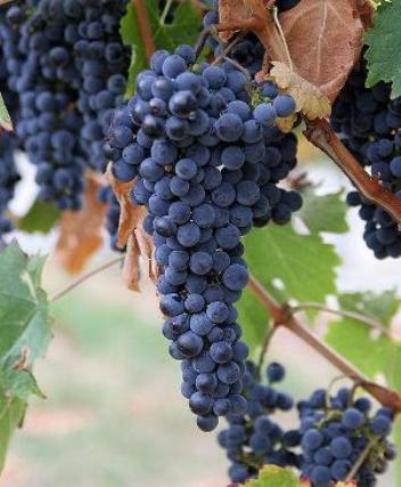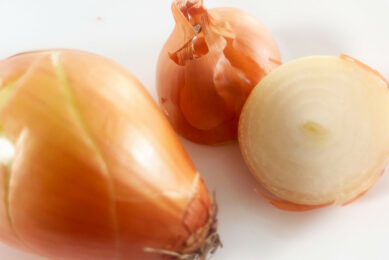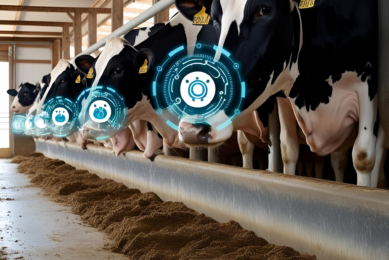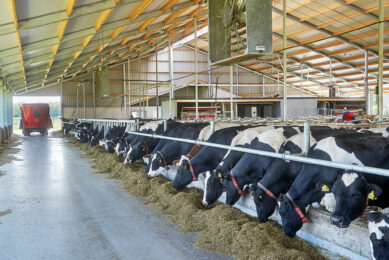Grape marc cuts cow methane emissions and boosts milk

New research conducted by the Department of Primary Industries (DPI) in Victoria, Australia, has found that supplementing dairy cow’s feed with grape marc reduced the cow’s emthane emissions and increased milk production.
Scientists at DPI’s Centre for Dairy Excellence at Ellinbank found that supplementing the cows’ feed with grape marc reduced their emissions by 20 per cent, increased milk production by five per cent and increased the healthy fatty acids in their milk when green feed was not available.
The cut to emissions is thought to represent the largest reduction of its kind ever attained through the use of a feed supplement.
The scientists supplemented the diet of dairy cows with five kilos of dried grape marc over 37 days and compared the results with other animals fed conventional fodder.
“We now know that supplementing a dairy cows’ diet with dried grape marc increases the healthy fatty acids in milk by more than six times that of standard autumn fodder,” DPI scientist Peter Moate said.
“These particular fatty acids are extremely potent in their ability to benefit heart health and are also known to help fight cancer, diabetes and arthritis.”
The results also showed that feeding grape marc to dairy cows also increased their daily milk production by five per cent.
Dr Moate said the trial was carried out towards the end of the lactation cycle and that the researchers hoped to repeat it during early lactation when the cows were producing more milk.
The discovery could also provide tangible benefits for the wine industry, which in Australia produces 200,000 tonnes of grape marc annually.
There are however quarantine restrictions on grape marc in place to prevent the spread of the grapevine pest phylloxera.
The research is part of a wider program looking the use of feed supplements to reduce methane emissions, such as brewers grains, cold-pressed canola meal, cottonseed meal, and hominy meal, all reduce methane emissions while supporting milk production.
Dr Moate said the use of grape marc together with other methane reducing feeds could result in a reduction in methane emissions of up to 20,000 tonnes per year – the equivalent of taking about 200,000 cars off the road.











